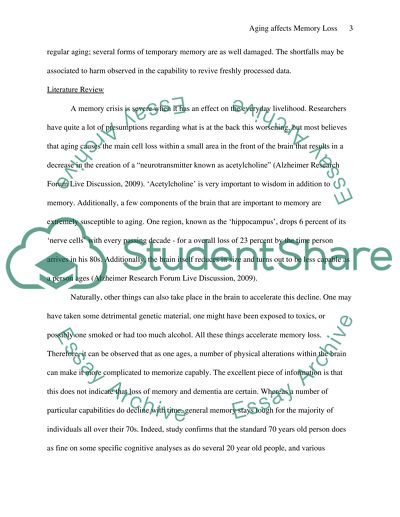Cite this document
(“Term Paper on Aging affects Memory Loss Research”, n.d.)
Retrieved de https://studentshare.org/psychology/1391204-aging-affects-memory-loss
Retrieved de https://studentshare.org/psychology/1391204-aging-affects-memory-loss
(Term Paper on Aging Affects Memory Loss Research)
https://studentshare.org/psychology/1391204-aging-affects-memory-loss.
https://studentshare.org/psychology/1391204-aging-affects-memory-loss.
“Term Paper on Aging Affects Memory Loss Research”, n.d. https://studentshare.org/psychology/1391204-aging-affects-memory-loss.


